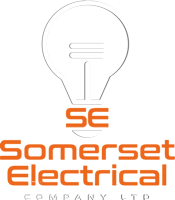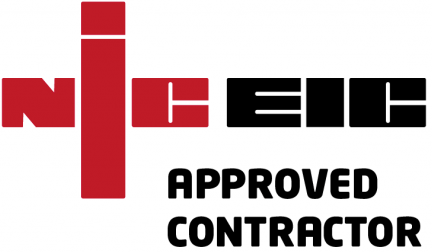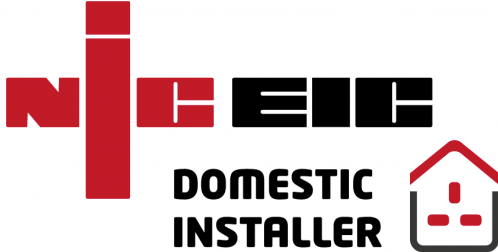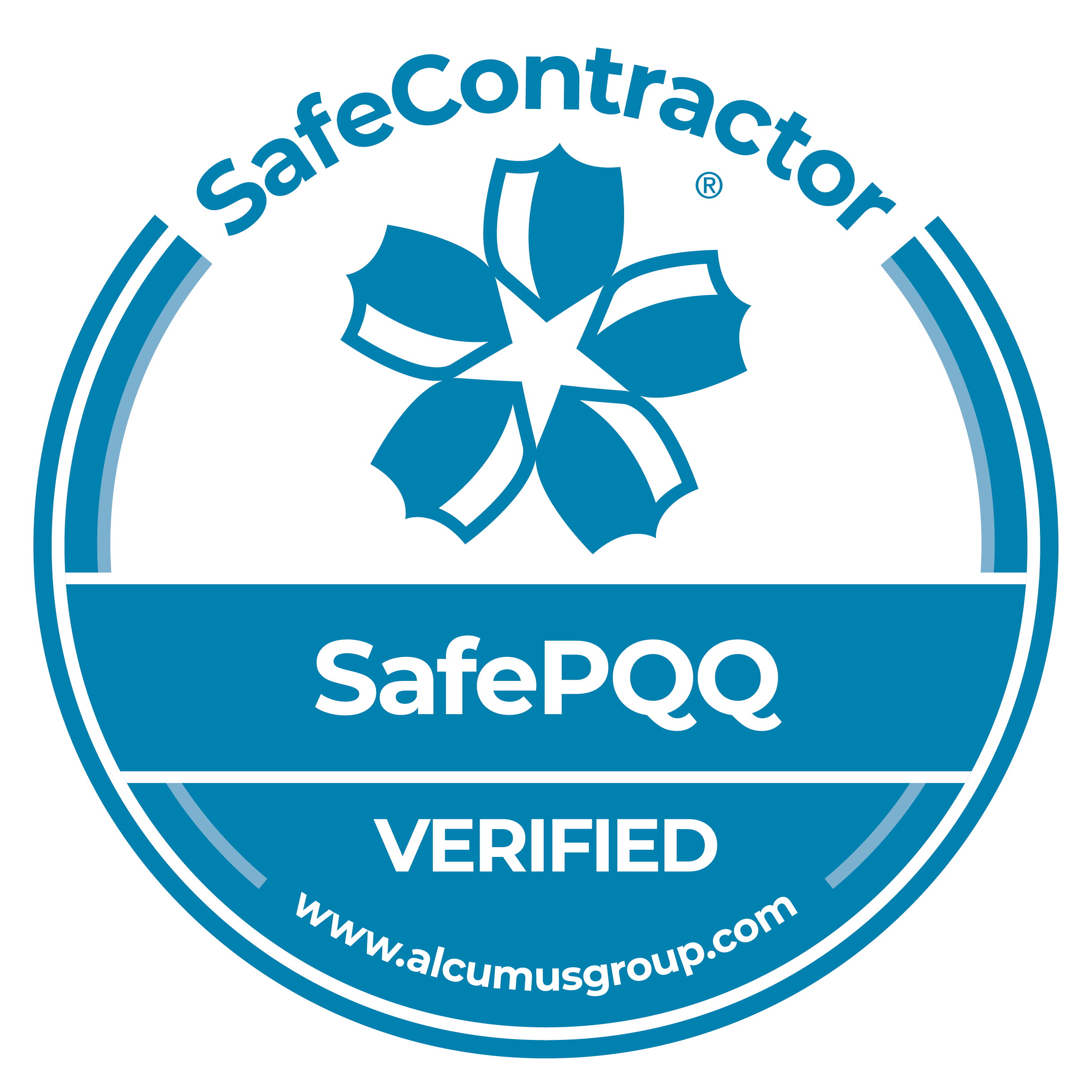What is a Solar PV
In the current climate, looking for a sustainable energy source is not only cost-effective, but it also has a positive impact on the environment.
Solar PV, also known as Solar Photovoltaic, is an innovative energy system that works to convert solar power into electricity via the use of semi-conductive materials such as silicon and germanium.
Solar PV is made up of many different components with the main component being solar panels which accommodate the consumption of direct sunlight to be converted into electricity. Due to the nature of the system, solar PV is a renewable electricity source, meaning it costs less to run in the long term.
For those considering installing Solar PV, it is important to understand exactly how it works and how usage can benefit the consumer. In this guide, we will discover exactly why solar PV could be the future of sustainable energy.
At Somerset Electrical Company, we have the tools and expertise to successfully install your new Solar PV system with ease. For more information on how we can help you, contact our friendly team today.
How Does Solar PV Work?
Solar panels that contain solar cells are used to absorb sunlight which they can then turn into electrical energy. Essentially, the solar cell contains thin layers of glass filled with semiconductor materials- this then creates the solar panel which is installed onto the building.
The panel generates a form of electricity called ‘direct current’. As part of the Solar PV system, the inverter works to convert the direct current into another form of electrical energy called ‘alternating current’, which can then be safely used to power the electricity source of your home or business.
Each solar cell generates a certain amount of electricity, which once generated will be used accordingly throughout your home. Typically, any electrical item that is turned on at the mains will use a fraction of the electricity that has been generated by the solar panels, meaning that turning off items not in use will save electricity in the long run.
Types of Solar Panels
Your solar PV system will be made up of a series of solar panels. There are three main types of panels used within a solar PV system, with each panel having its own unique selling points including efficiency, look, and cost.
Thin-film
Thin film panels are the cheapest of the three options, providing a cost-effective solar PV system. The thin film is mounted with a layer of photovoltaic material which is used to absorb sunlight at an efficiency rate of 11 percent. The average replacement time for thin film solar panels is 10 years.
Monocrystalline
Monocrystalline panels are highly durable solar panels containing silicon which increases the efficiency level to at least 17 percent. Whilst they are considered expensive, moncrystalline solar panels will last longer meaning they won’t require placement for many years.
Polycrystalline
A slightly cheaper alternative to monocrystalline panels, polycrystalline solar cells are made up of reformed silicon crystals with a minimum efficiency rating of 15 percent.
How Much Does a Solar PV System Cost
The solar PV installation process will vary in cost based on factors including:
- The type of panels used
- The scale of the installation
- The installation company
On average, a solar PV system will cost up to £7,000 to be installed, however, each quote will be made individually taking the above factors into account.
What are the Benefits of a Solar PV System?
Installing a solar PV system has many key benefits not only to you but also to the environment too.
- A renewable energy source– due to the fact that solar systems rely on sunlight, you are less likely to need to use any form of fossil fuel.
- Less pollution– solar panels do not emit huge numbers of pollution into the air and water like fossil fuels.
- Lower energy costs– solar panels are a cost-effective way to generate electricity, meaning your overall energy bills will be lower.
- Increased house value– having solar panels installed increases the overall value of your property.
- Reassaurce and security– you can consume electricity with security due to minimal reliance on grid energy.
How Long Do Solar Panels Last?
The average life span of a solar panel is 25 years, however, this could be less or more based on the type of solar panels you have installed on your property. Typically, the better the quality of your solar panels, the longer they will last.
Although the panels themselves can last for up to 25 years, the solar PV inverter will need to be replaced after around 12 years in order to maintain the efficiency of your solar PV system and keep the electricity generation at optimum rates. 12 years is the average guideline, however, each PV inverter will have a different warranty which should be discussed at the time of purchase and installation.
How is a Solar PV System Installed?
There are many steps to the installation process of a solar PV system.
- Research different installation companies and contact them for quotes.
- Once you have chosen your installation specialists, they will visit your property and assess the site for suitability.
- Review your previous energy use to decipher your ongoing energy requirements. The more energy you use, the bigger the system required.
- Select the type of solar panels you require and how many will need to be installed.
- Seek planning permission from the local authority if it is required.
- Select each component of your solar panel, including the material, brand, inverter type, and hardware.
- The installation specialists can then begin the installation process by preparing the roof thoroughly and installing the mounting hardware.
- Then the panels will be installed on top and secured in place.
- Soon after, the inverter will be installed and the system will be connected.
- Upon successful installation, the installer will test the system and ensure it works correctly.
This completes the installation process, however, you may be required to have an inspection from the local authority to ensure your new solar system meets the required regulations. Upon approval, your solar PV system can be activated and it becomes ready for use.
From time to time, your solar PV system may require monitoring and servicing to ensure it is working at an efficient and optimal rate.
In Summary
A Solar PV system is a renewable energy system made up of solar panels containing semiconductor materials that absorb direct sunlight and convert it into energy to be used around your property. This is a cost-effective method to power electricity through your home with less reliance on grid-generated electricity. Moreover, a solar PV system helps to reduce your carbon footprint and improve sustainability.
When selecting your solar PV system, it is important to select panels that best fit your needs based on cost, efficiency, and durability. A more durable and efficient solar panel will cost more initially but could be cheaper in the long term by only needing replacement every 25 years.
The installation process for a solar PV system can seem overwhelming but with support from a specialist installation company, the process becomes stress-free and straightforward.
Somerset Electrical Company
Based in the South West, Somerset Electrical Company has extensive experience across the electrical sector, serving domestic, industrial, and commercial clients.
Our team of electrical experts is on hand to help with your repair and installation, seeing each job through to the very end. From start to finish, our experts are here to answer any questions you have along the way and keep you informed throughout the whole time we are working with you.
For more information on how we can help, contact us today.






